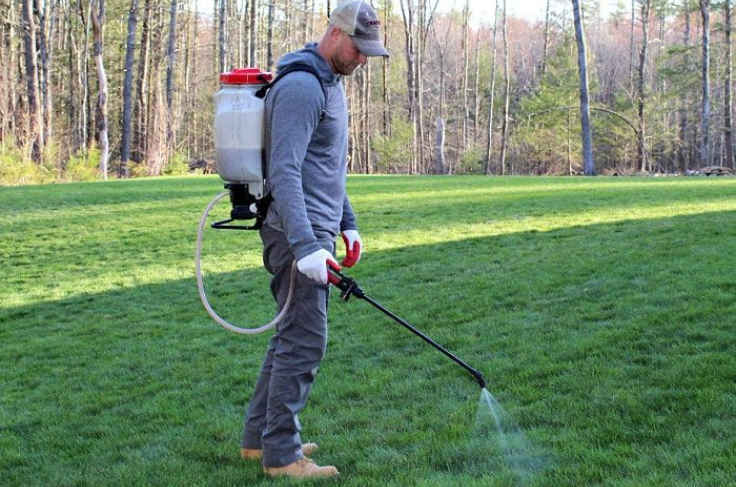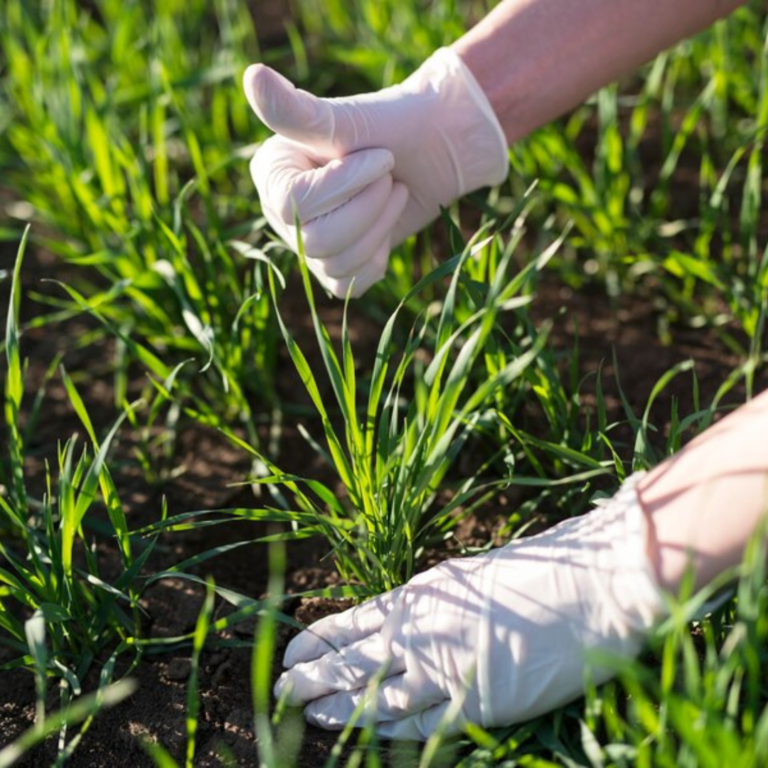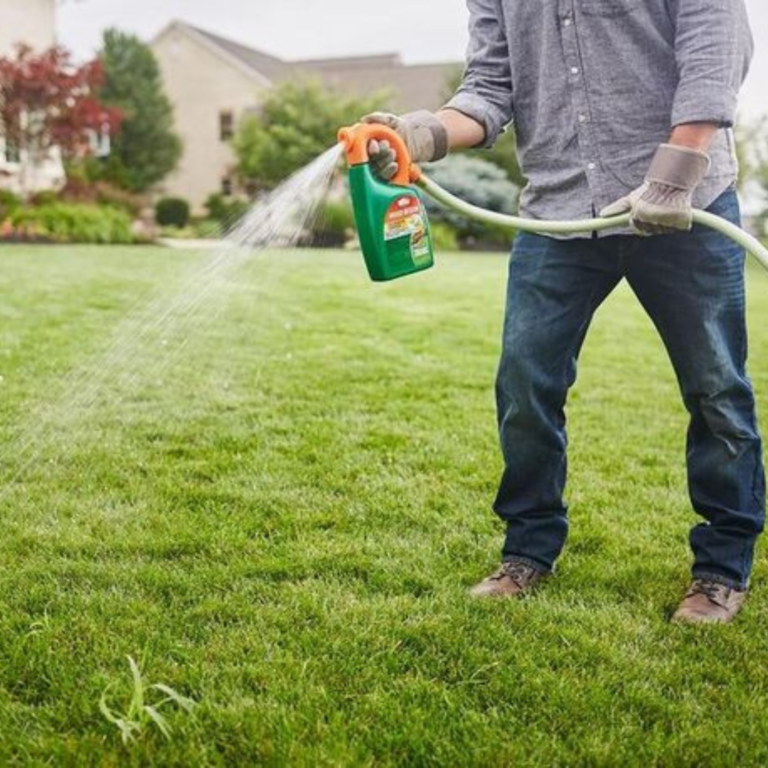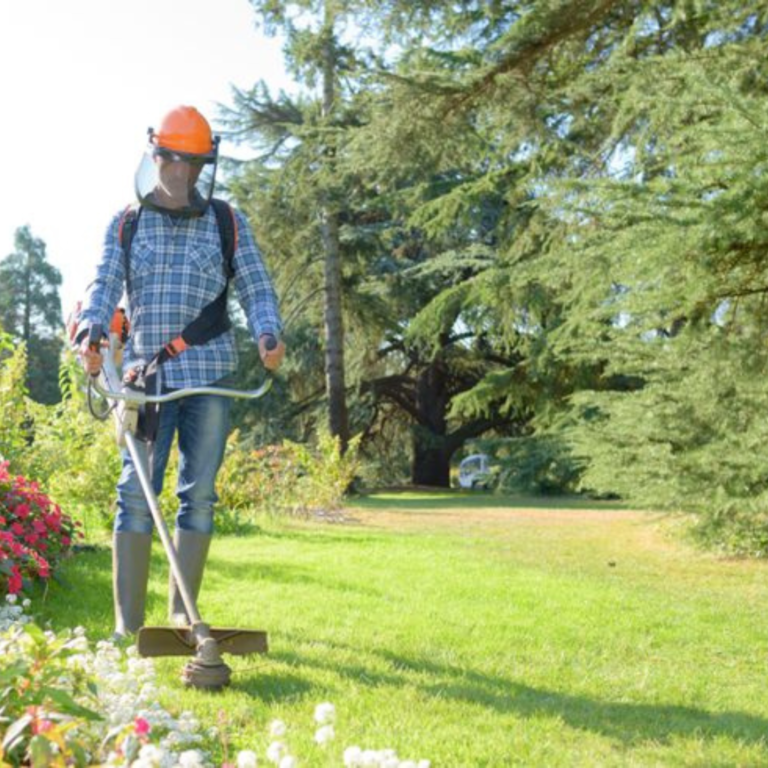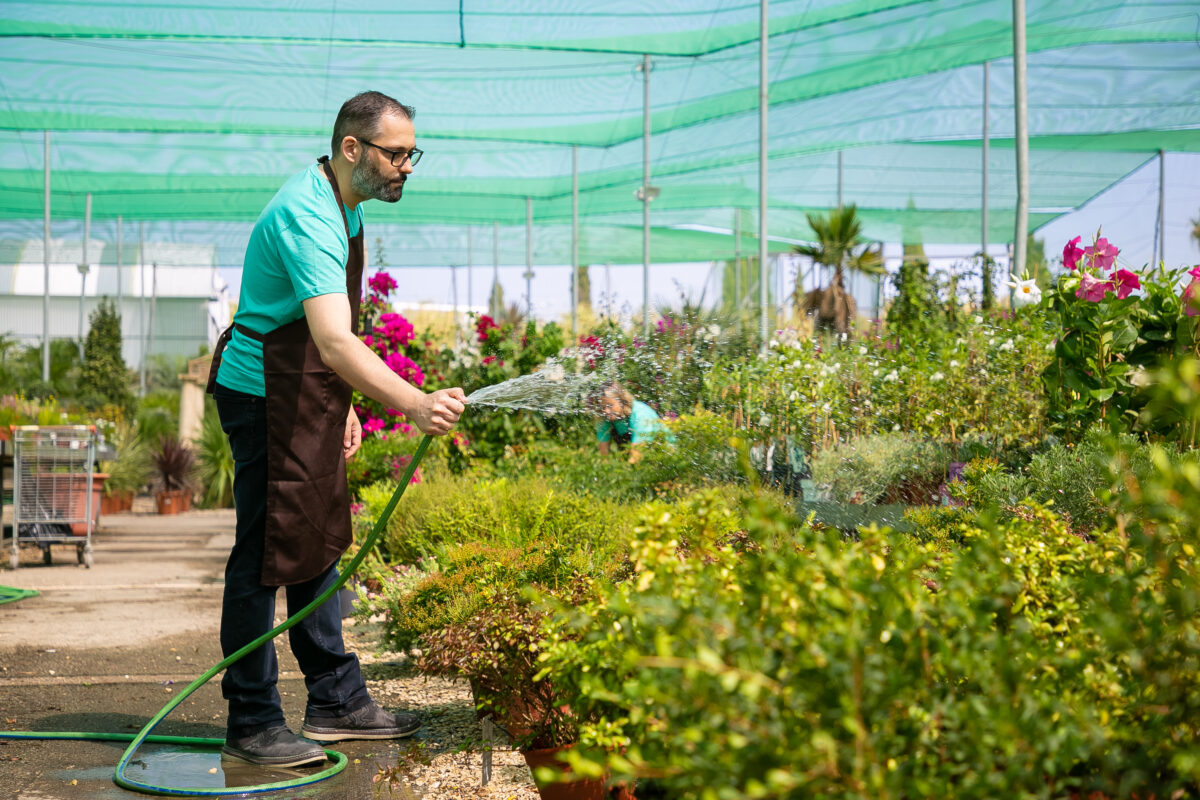“You get out what you put in” is a proverb that implicitly highlights the relationship between lawn care measures and the outcome. Fertilization and weed control are the two most important steps in lawn care. Fertilization helps the growth of the grass by providing the necessary nutrients, and weed control helps prevent the weeds from out-competing the grass. Therefore, both of these measures are indispensable in creating a healthy lawn. Utilizing fertilization and weed control helps ensure the flourishing of grass throughout the year.
Let us explore how lawn fertilization and weed control complement each other in ensuring ideal turf development.
How does Lawn Fertilization help in Enriching Lawn?
Lawn fertilization is a process through which nutrients are added to the soil to strengthen the grass. As the grass becomes healthy, it becomes more resistant to diseases, pests, and problems that occur due to extreme climate changes.
Before fertilization, the soil is tested to find out the deficient minerals. Common nutrients include nitrogen (N), phosphorus (P), and potassium (K). Then, fertilizer is evenly applied to the lawn, and the lawn is watered to ensure the penetration of the fertilizer into the soil. Fertilizer is usually applied during the growing seasons, such as spring and fall.
Relationship between Weed Control and Lawn Fertilization
Weed seeds can enter the lawn through various sources including wind, water, soil and mulch. Therefore, weed control is an ongoing process. Weeds often grow very fast, taking up the resources of the grass.
Before weed control, the lawn is assessed to find the type of weeds present, as different weeds require different control measures. Common weed control methods employed include manual digging and application of herbicides. Pre-emergent measures and post-emergent weed control methods are employed for controlling the weeds before or after development.
Proper lawn fertilization helps in reducing weed growth in the following ways
- The vigorous growth of the lawn takes up more light, water, and nutrients, making it harder for weeds to develop.
- Thick turf ensures that there is no room for weeds to establish themselves.
- Since the soil becomes healthier due to fertilization, it supports the roots of the grass better. Strong roots help the grass to outcompete weeds.
- Since fertilization helps the grass to withstand harsh weather conditions and pest attacks, weeds cannot outgrow the grass.
Closing Remarks
Thus, lawn fertilization and weed control work in tandem to make the lawn flourish. Both fertilization and weed control measures must be employed at the right times of the year to ensure lawn health. Though fertilization and weed control are essential, over-application of them could lead to potential harm. Therefore, it is essential to seek the help of professional lawn care providers.
At Lawn Pro of the Carolinas, with over 20 years of experience, we ensure proper maintenance of lawns by employing organic or inorganic fertilizers and herbicides. We utilize specific herbicides to suit the weed type. As one of the licensed and certified landscape contractors in North Carolina, we help ensure the health of the lawn throughout the year.

